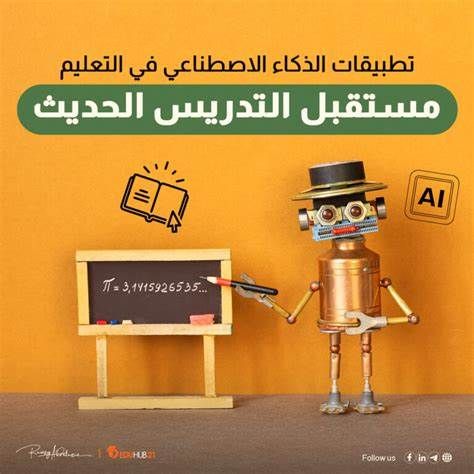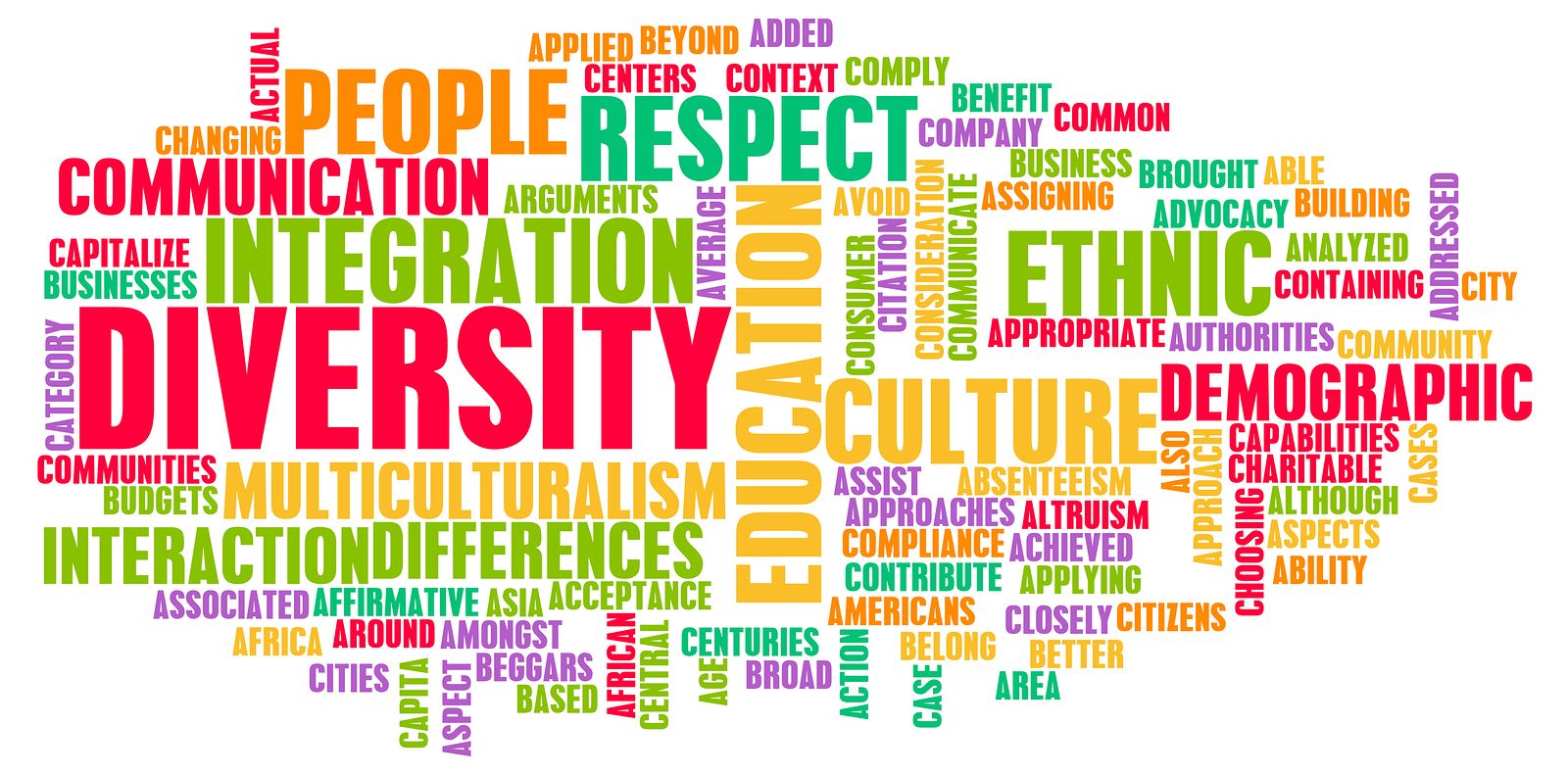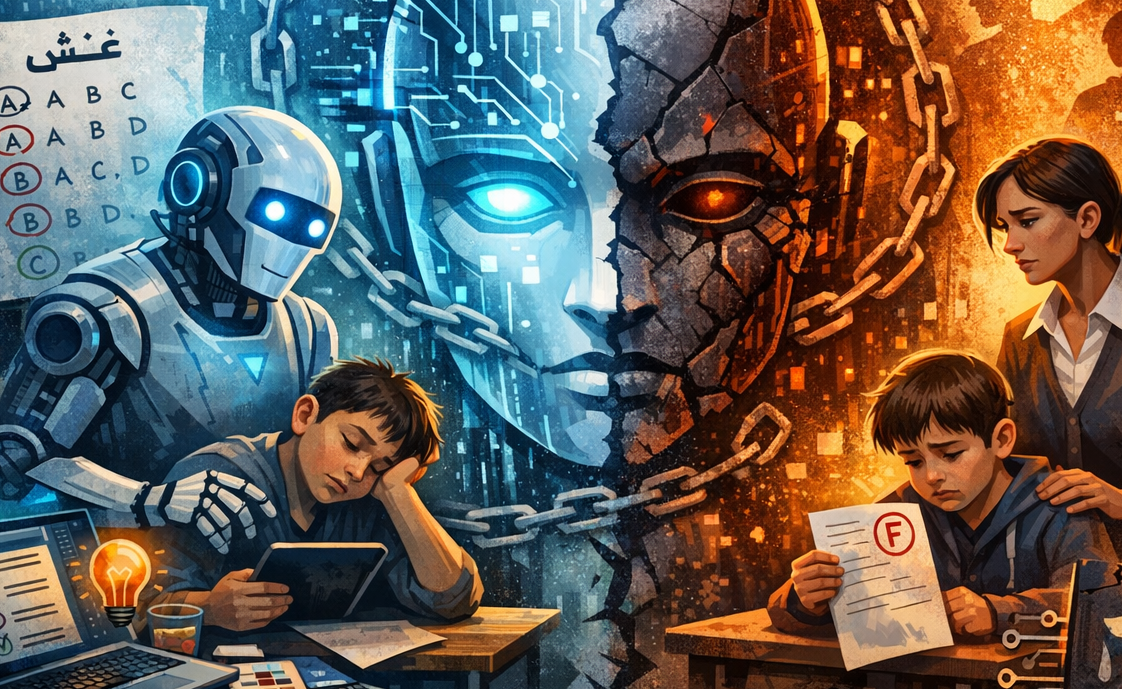_1715462255399.jpg)
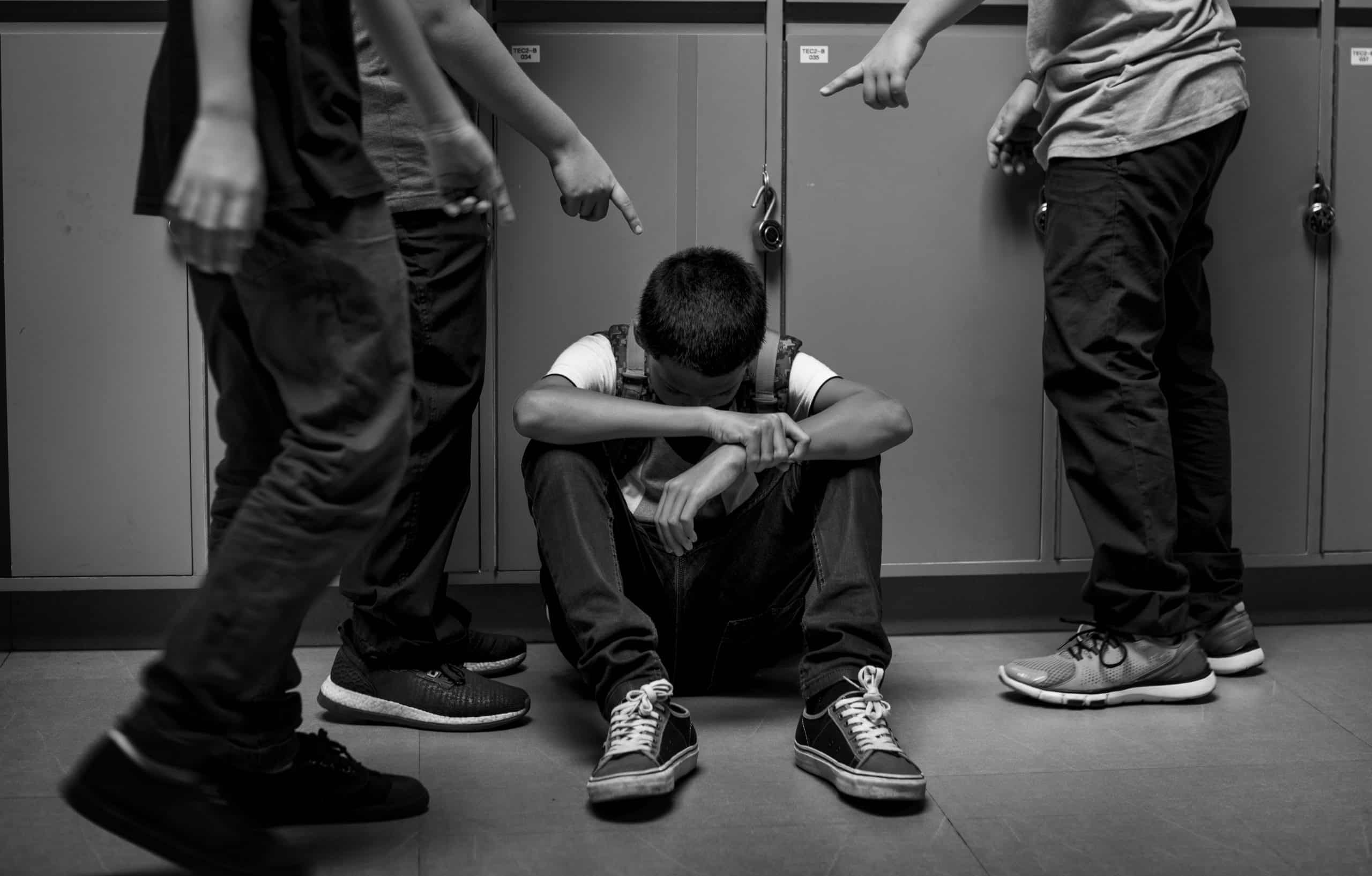
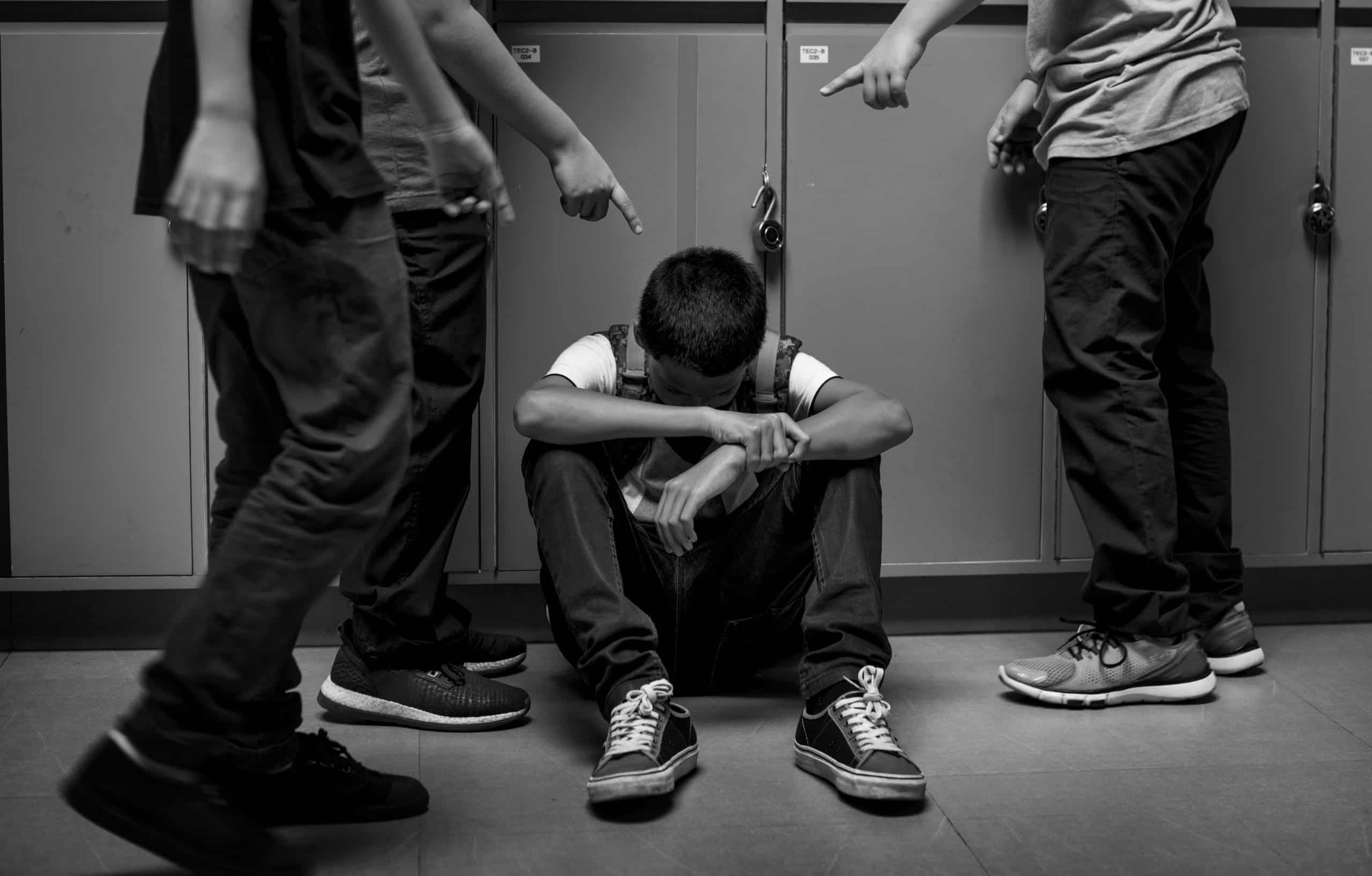
Bullying in educational establishments is a significant concern worldwide. It can take various forms, including physical, verbal, relational, and cyberbullying. Regardless of the form, bullying can have severe and lasting effects on victims, including psychological trauma, academic difficulties, and social isolation.
Schools and educational institutions play a crucial role in addressing and preventing bullying. They often implement anti-bullying policies, provide education and awareness programs, and establish protocols for addressing bullying incidents promptly and effectively.
Additionally, fostering a positive and inclusive school culture is essential in preventing bullying. This involves promoting empathy, respect, and acceptance among students, as well as providing support for both victims and perpetrators of bullying.
Parents, teachers, and communities also have a responsibility to address bullying. Open communication channels, support networks, and collaboration between all stakeholders are crucial in creating safe and supportive environments where bullying is not tolerated.
Overall, addressing bullying in educational establishments requires a multifaceted approach that involves prevention, intervention, and support at various levels. It's a collective effort that requires commitment from everyone involved to create safe and nurturing learning environments for all students.
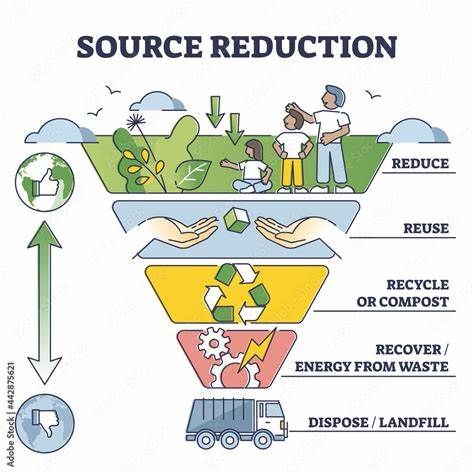
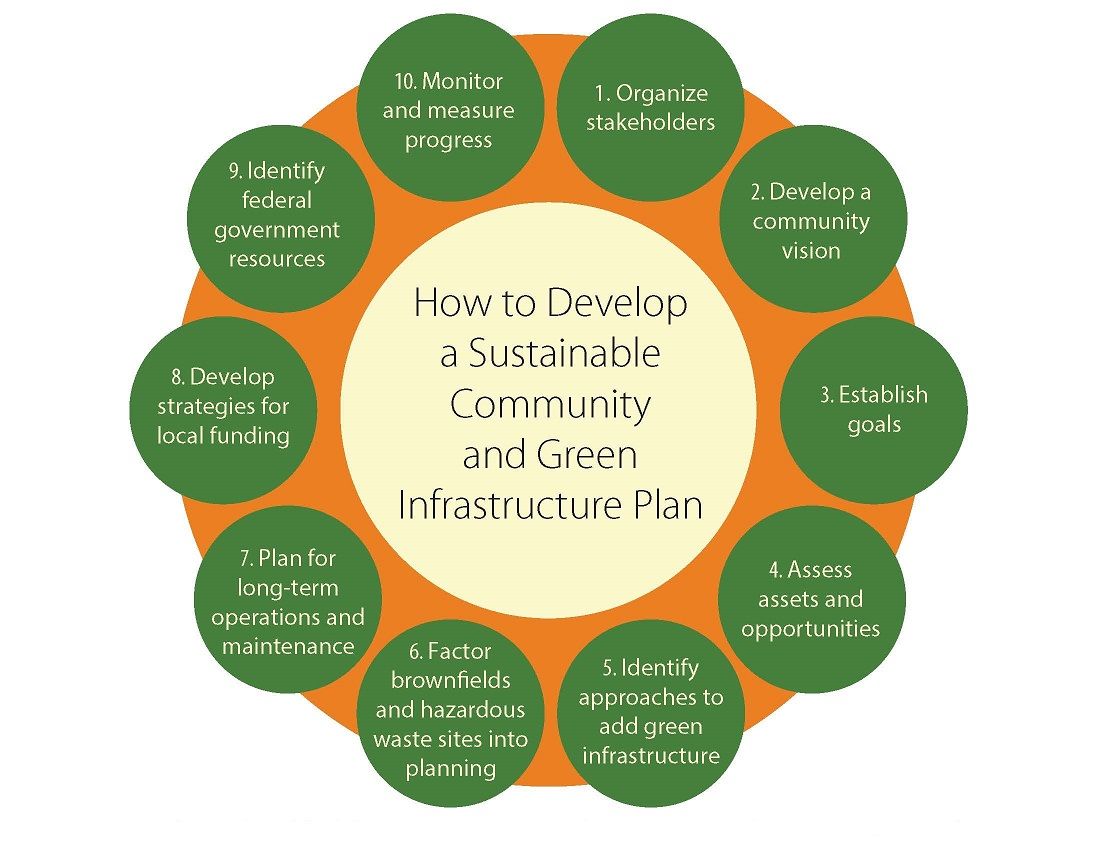
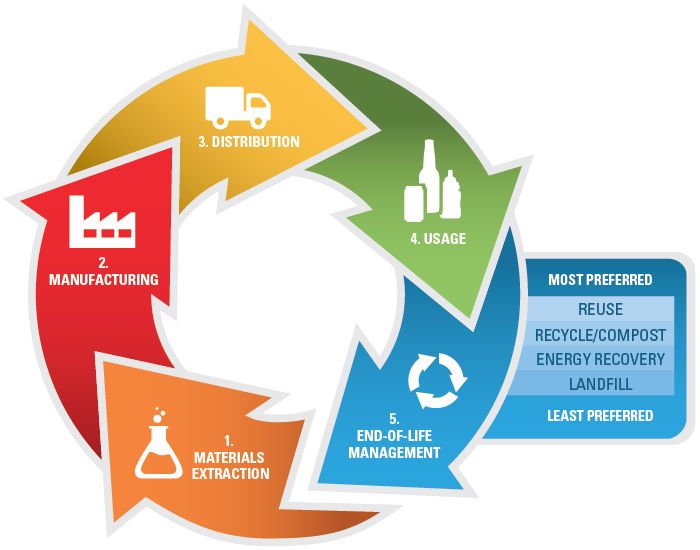
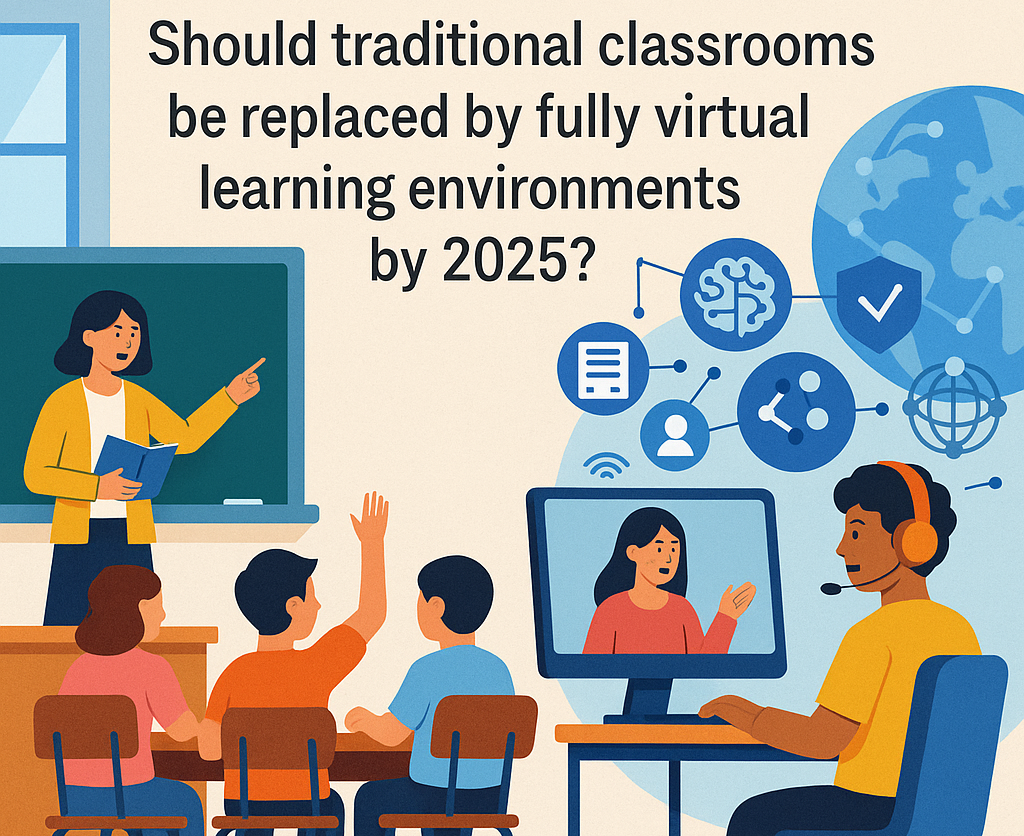

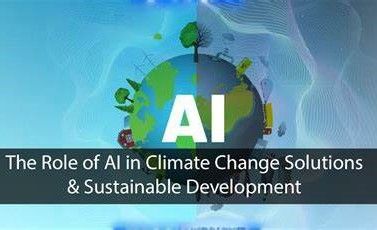


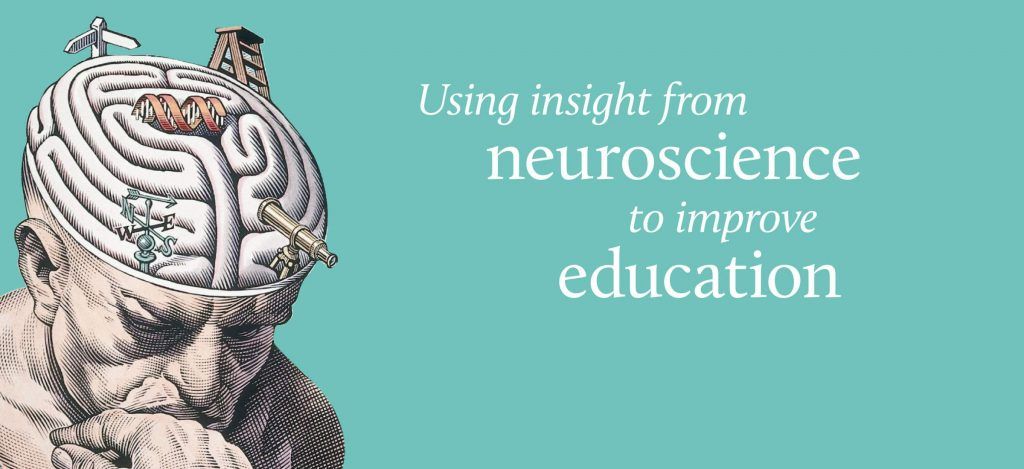

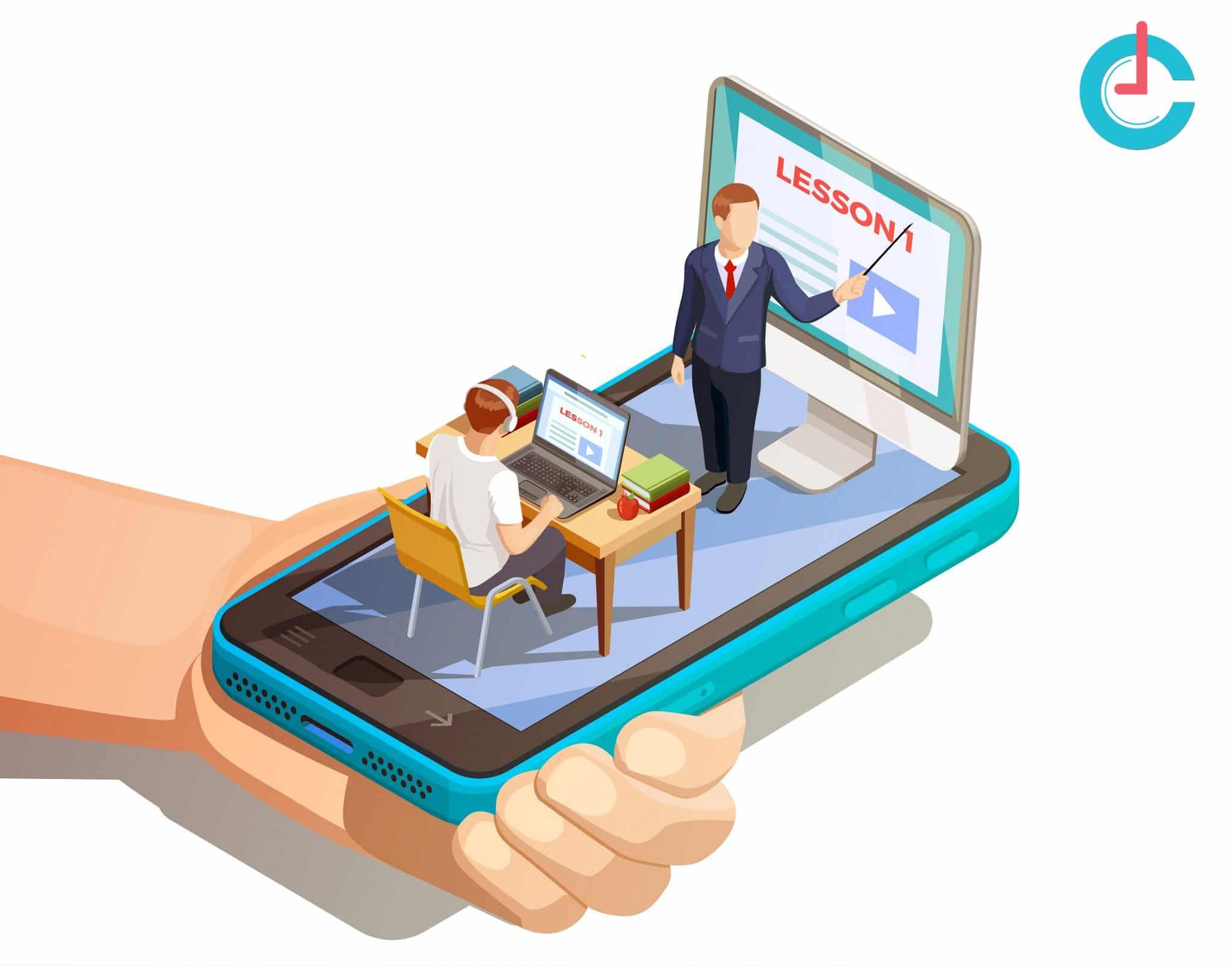
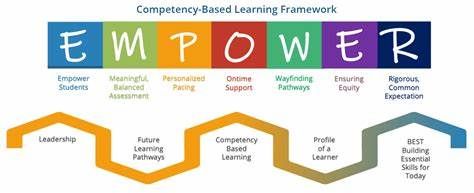
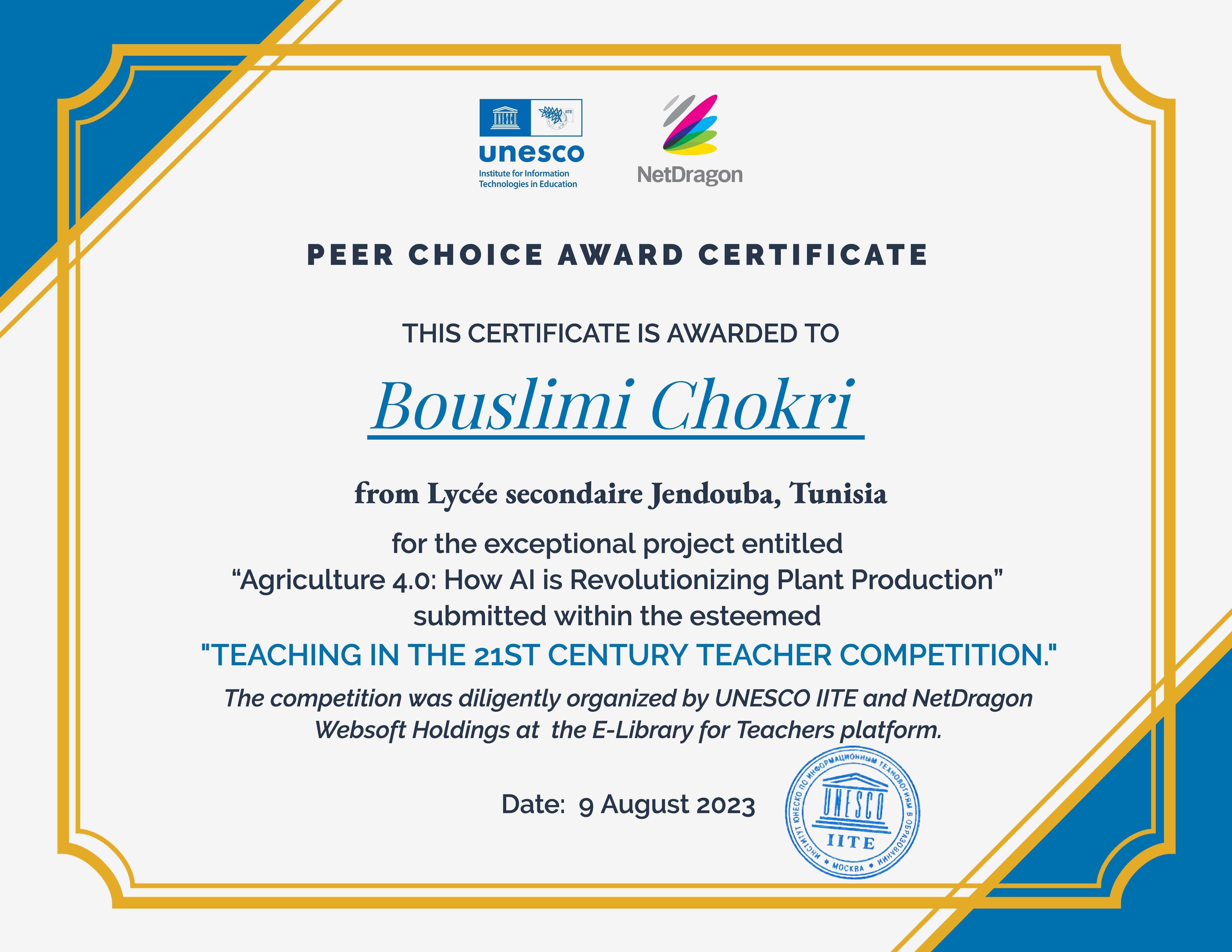
_1715462255399.jpg)


